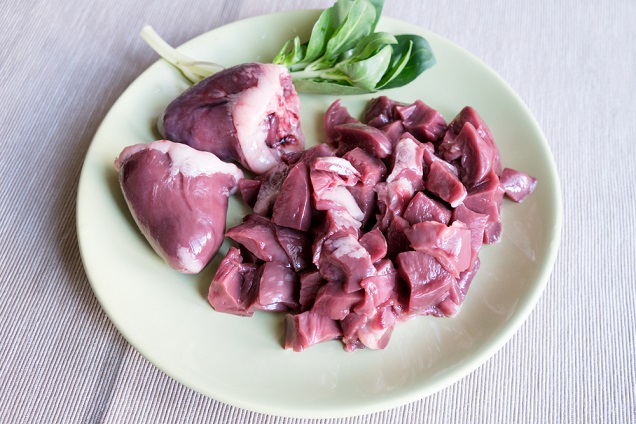When you don’t know exactly what you’re searching for, there may seem to be hundreds of pet food brands to pick from on the shelves. You could be wondering, “Does my pet have this issue, or will she have this problem if I don’t buy this food?” However, not all meals are created equal, and no one item can satisfy all your needs. So, how do you decide?
Many foods you’re considering are specialty pet products, food, or functional meals since they include at least one component intended to prevent or treat a medical condition. Here are the special food products your doggo may need!
#1. Dental Hygiene
Foods developed to improve dental health are recommended for dogs that have been identified with a high risk of developing severe dental disease. This is often tied to breed or age, although it might also be linked to food.
These feeds are meant to clean the teeth while the animal eats. These meals are particularly good for dogs who cannot sit for daily dental care (e.g., tooth cleaning) or who are suffering from tooth decay.
If you can’t brush your pet’s teeth on your own for any reason, speak to your veterinarian about the advantages of a dental diet. Dental illness, if left untreated, may lead to tooth loss, gum disease, and other more severe diseases.
#2. Food Allergies
Because each dog or cat’s body is unique, what works for one may not work for another. Even if the animals are related or grew up together in the same house, this is true. Allergic responses are often identified by their symptoms, including vomiting, diarrhea, and itching skin.
Animals with food allergies can benefit from a special diet tailored to exclude the item causing the allergic response. These meals are usually derived from a protein source that the animal hasn’t developed an allergy to yet, such as duck or venison.
#3. Preventing Hairballs
You already know your cat cleans itself, but do you know where all the fur goes? Hair cannot be digested; thus, it cannot pass through the digestive system, leaving just one possible exit: back up and into the mouth. This knotted-up and pushed-out hair are referred to as a hairball, and most cat owners are used to seeing these regularly.
Hairball formula meals may be the finest thing since baby carrots, with high fiber contents that cling to the hair and lubricating additives that assist the indigestible material transit through the digestive system.
#4. Joint Health
If your pet is having trouble walking about, speak with your veterinarian about diets and supplements that are good for joint health. Glucosamine and chondroitin are the most popular components, both of which function directly with the tendons and cartilage of the joints.
These components are added to kibble diets to be consumed during meals, or they can be given in smaller dosages as treats. In certain animals, these substances have been proven to aid in the repair of damaged cartilage and the decrease of joint inflammation.
#5. Urinary Tract Health
Crystals and stones in the urinary system are known to form when calcium, magnesium, phosphorus, and oxalate levels are too high. A meal that has been properly measured, with these minerals and nutrients adjusted in line with your pet’s requirements — no more — will help avoid further urinary tract degradation in dogs with these disorders.










